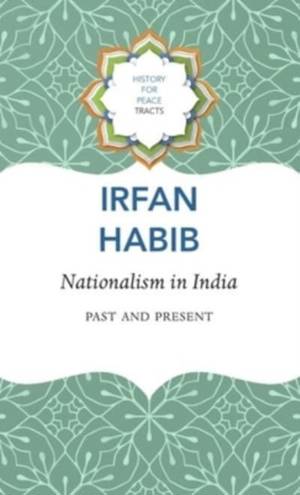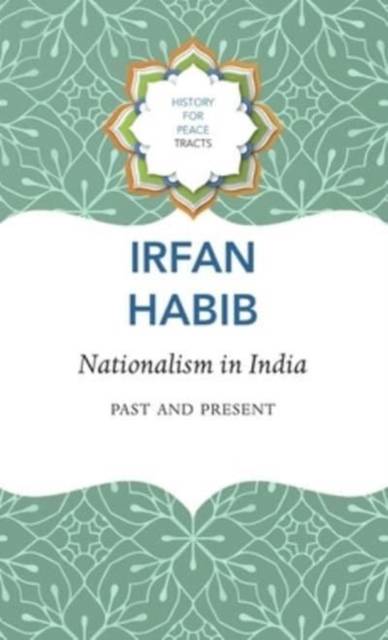
- Afhalen na 1 uur in een winkel met voorraad
- Gratis thuislevering in België vanaf € 30
- Ruim aanbod met 7 miljoen producten
- Afhalen na 1 uur in een winkel met voorraad
- Gratis thuislevering in België vanaf € 30
- Ruim aanbod met 7 miljoen producten
Zoeken
€ 13,95
+ 27 punten
Omschrijving
A persuasive redefinition of nationalism by one of the most eminent historians of India. What makes a people living in a mere "geographical expression" a nation? From the French Revolution onwards, the word "nation" came to denote a people who wish to be collectively free. But free from what--colonial rule and inequality? Or religious and cultural diversity? In this timely and succinct essay, Irfan Habib charts India's struggle to consolidate a nationalist identity, to identify what it sought to be free from. Even as the colonial regime denied the very possibility of nationalism in the subcontinent, opposition to British rule fomented just such a sentiment. But resistance against colonial exploitation alone could not unify the Indian people. Internal inequalities--caste, poverty, religious bigotry--remained (and still remain) to be tackled.
Specificaties
Betrokkenen
- Auteur(s):
- Uitgeverij:
Inhoud
- Aantal bladzijden:
- 76
- Taal:
- Engels
- Reeks:
Eigenschappen
- Productcode (EAN):
- 9781803092812
- Verschijningsdatum:
- 5/06/2024
- Uitvoering:
- Hardcover
- Formaat:
- Genaaid
- Afmetingen:
- 108 mm x 178 mm
- Gewicht:
- 453 g

Alleen bij Standaard Boekhandel
+ 27 punten op je klantenkaart van Standaard Boekhandel
Beoordelingen
We publiceren alleen reviews die voldoen aan de voorwaarden voor reviews. Bekijk onze voorwaarden voor reviews.











